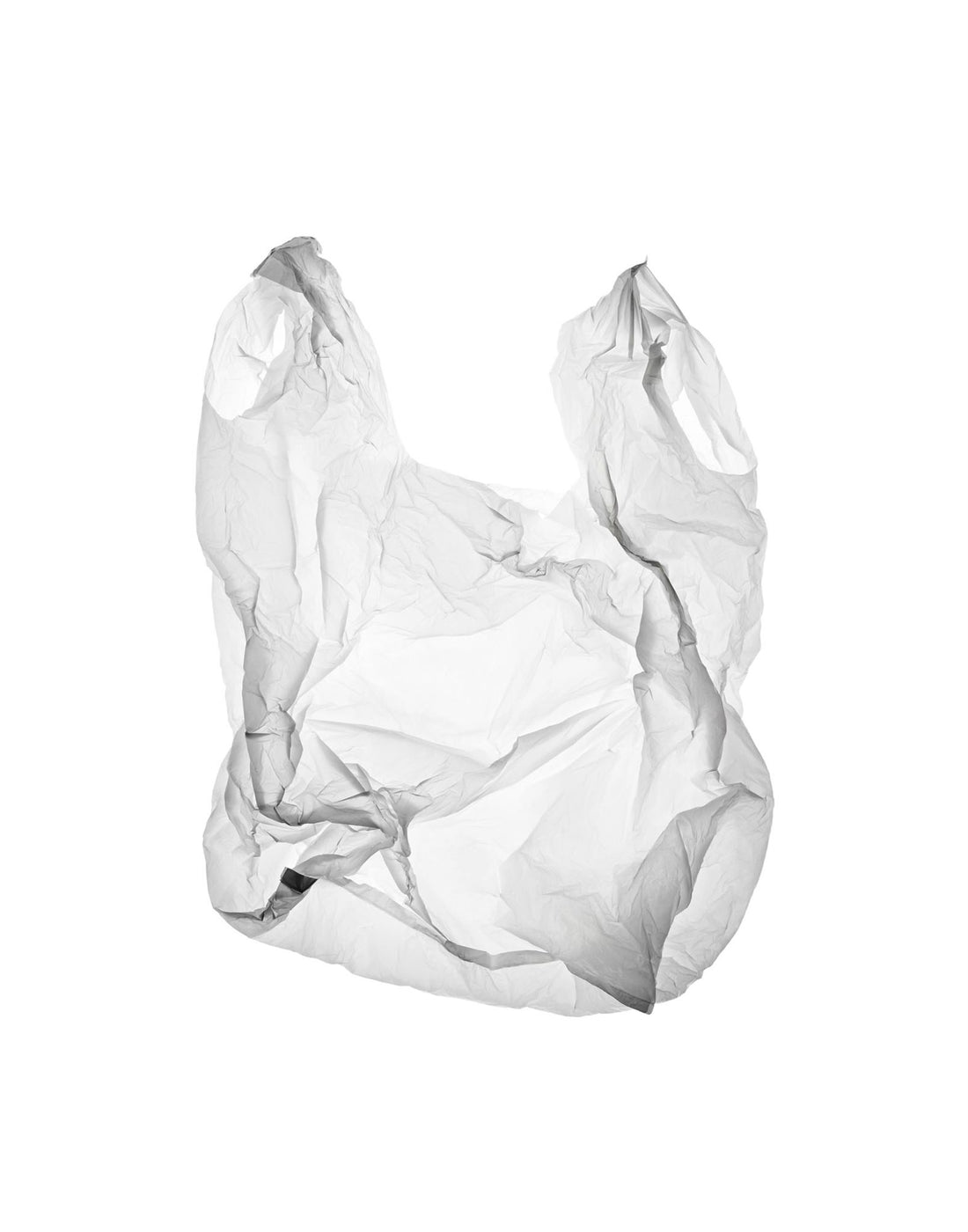
#smallgesturesbigchanges
Compartir
Ecology and our daily habits
It is nothing new that we are facing a climate emergency and, even if we think that we (individually) do not generate any impact, many things can be done in our daily lives to take better care of our planet.
We give you ideas on how to contribute to zero waste!
- Do away with plastic bags . Try to always carry a cloth one in your bag and choose foods that can be bought in bulk rather than packaged ones.

The useful life of a plastic bag is just a quarter of an hour and it takes more than half a century to completely degrade. It's worth thinking about taking your bag, right?
- Change brushes (hair and teeth) and plastic accessories for others made of more sustainable materials such as bamboo.

To move with the currents, seahorses cling to algae or other natural debris. In the polluted waters of the Indonesian island of Sumbawa, this specimen clung to a plastic stick. Let's get them to cling to the algae again!
- Use #plasticfree cosmetics . Currently there are alternatives in solid format for practically everything.
Polluting chemicals in the production of cosmetics generate greenhouse gases due to the combustion of carbon dioxide, among others. These increase the temperature of the earth, contributing greatly to global warming.
- Fill bottles . They can be made of stainless steel or glass since these materials do not release toxins when exposed to the sun.

Plastic bottles are made from petroleum and it takes 100ml of petroleum to produce a single plastic bottle.
- Practice responsible consumption . Buy only what you need and try to accumulate several products in a single shipment. Try to use local products!

Is the air pollution produced by vehicles (trucks, motorcycles, cars, etc.) when using petroleum derivatives as fuel greater than the CO2 emissions produced by industries and factories?
- Recycle and reuse . Separate trash (especially plastics) and put it together so you have to make fewer trips to the bin. Before buying something new, try to reuse what you already have.

Less than a fifth of plastic is recycled in the world. Should we change this statistic and escape from "use and throw away"?
- Use cloth napkins and makeup remover pads to generate less waste.

We need forty times more water to make a disposable paper tissue than to wash a cloth handkerchief. Furthermore, by consuming paper napkins we contribute to deforestation and indiscriminate felling of trees.
- Eliminate or reduce meat consumption . There are many "plant-based" diets that will provide you with all the nutrients your body needs without antibiotics or other contaminants. And, above all, without harming our animals.

According to a recent report by the Food and Agriculture Organization of the United Nations (FAO), the livestock sector generates more greenhouse gases: 18% more CO2 than the transportation sector . It is also one of the main causes of global warming, land degradation, air and water pollution, and biodiversity loss.
- Reduces energy consumption . Turn off unnecessary lights, don't abuse the dryer, turn off the water while you brush your hair and/or teeth...

Whenever we think about climate change and the emission of Greenhouse Gases (GHG), we unconsciously think of the energy, industry and transportation sectors as the major ones. "guilty" . However, did you know that total GHG emissions from the residential and services sector reach 14% regarding the total?
Shall we change the planet together?
Visit our solids section by clicking here .





